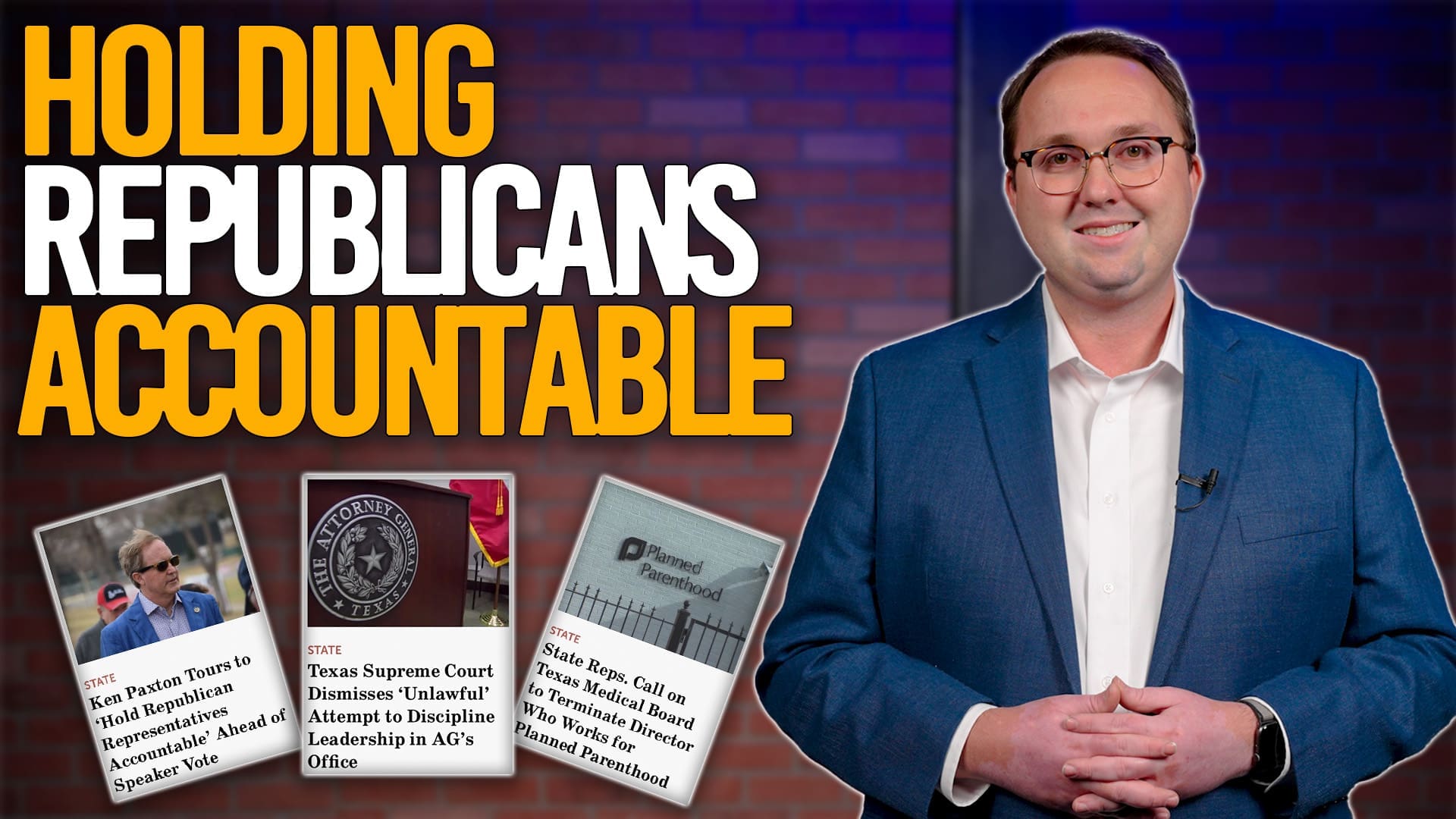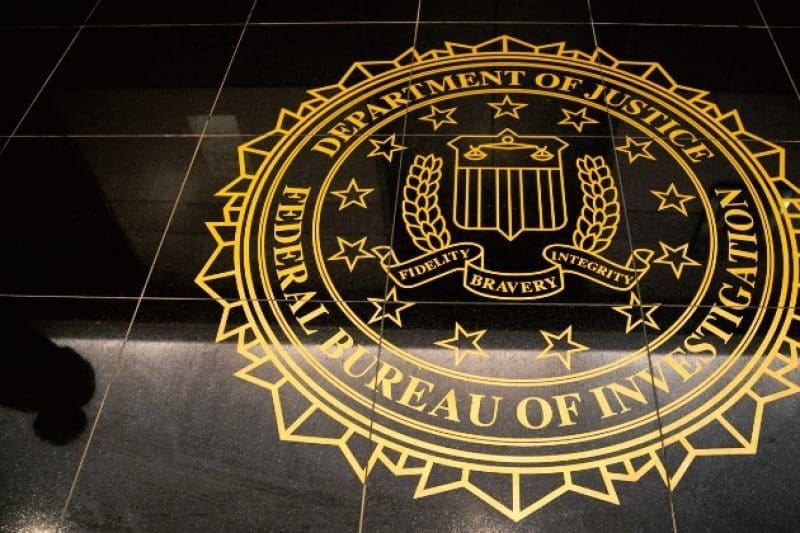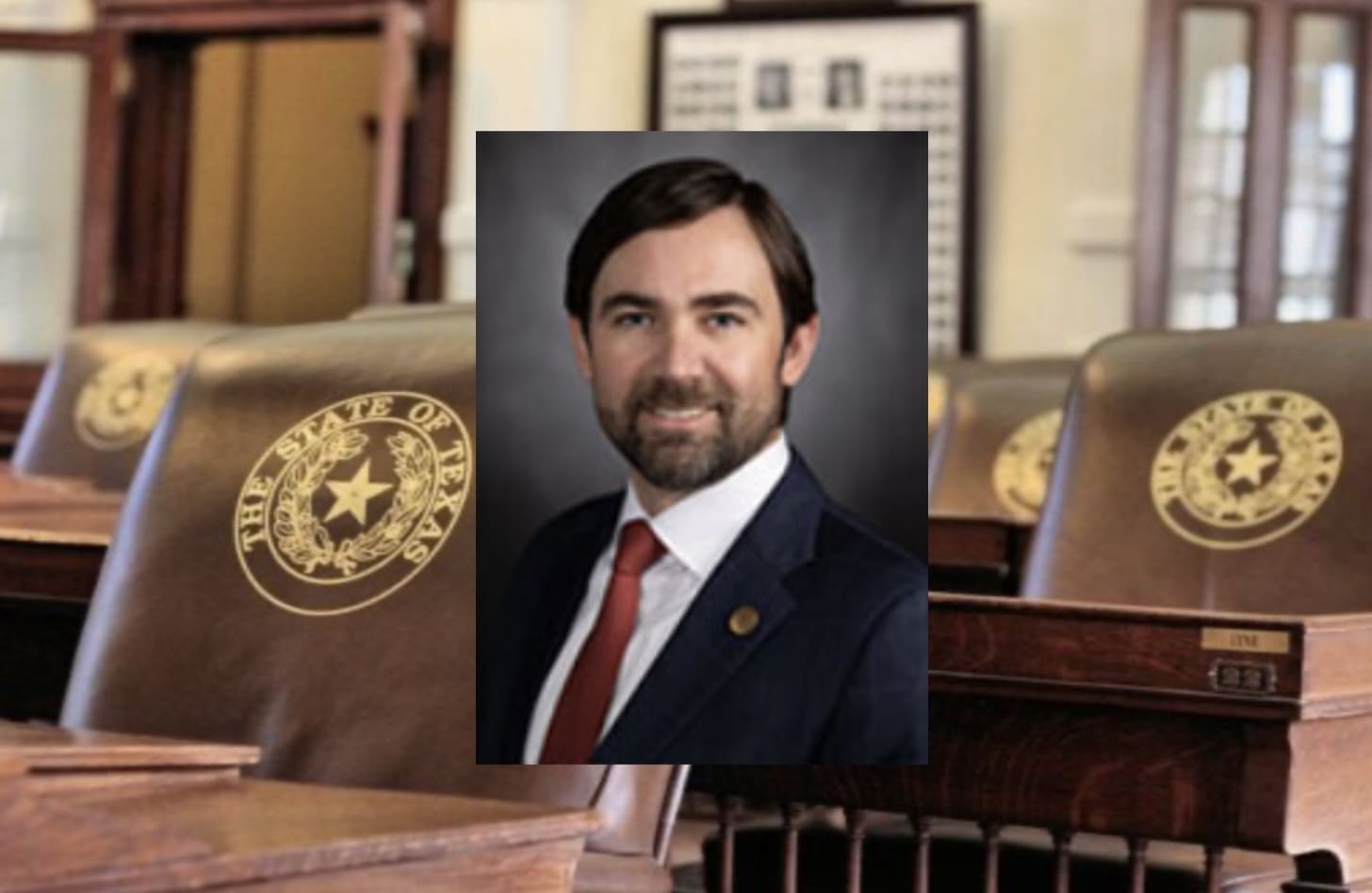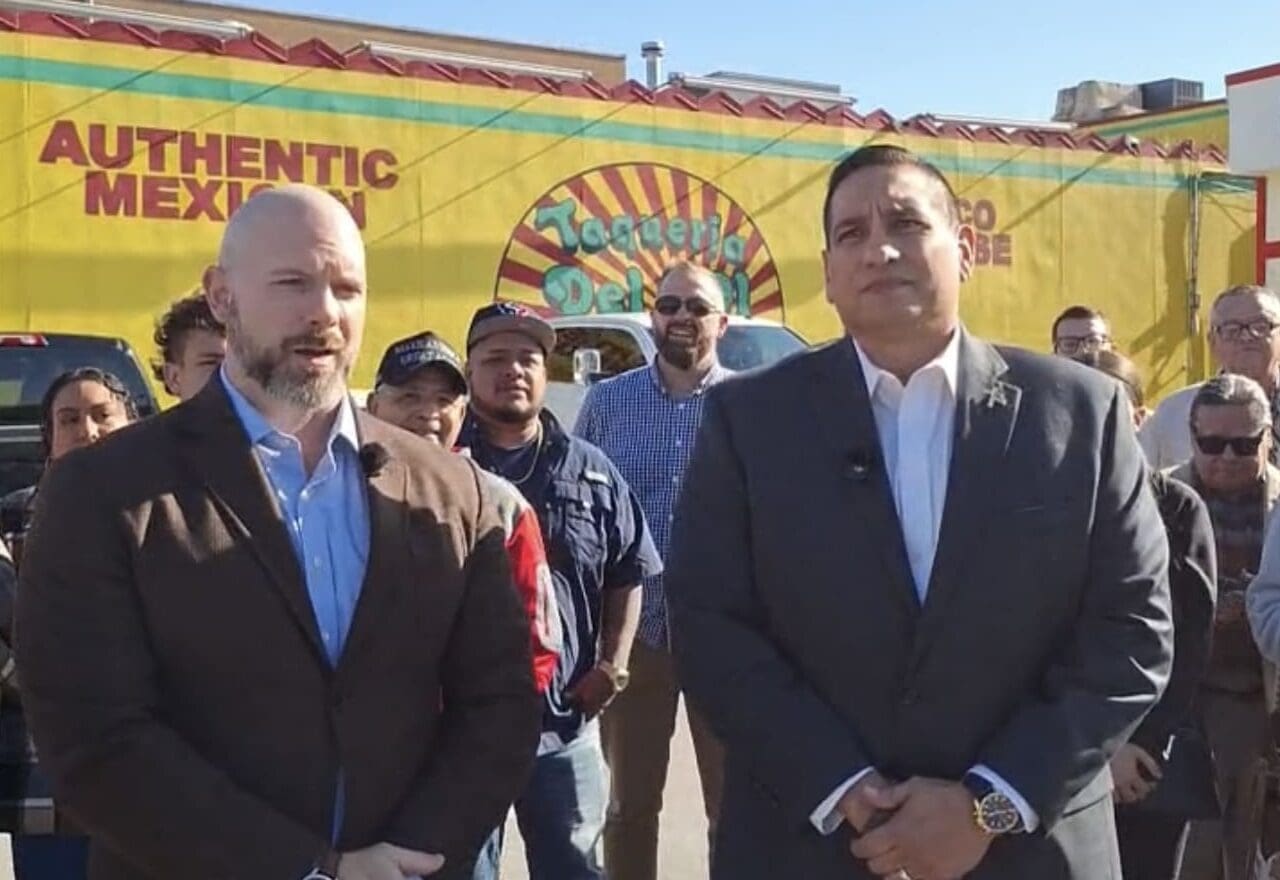America is losing its founding sense of self-governance because our churches have gone silent, or – worse – become shills for the welfare state.
When the Hellenists were kicked from Israel in the second and first century B.C., the fight was led by a priest and his sons. The American revolution was famously staffed by pastors who gave up their pulpits to serve their flocks in battle. The Civil Rights movement of the 1950s and 1960s was nurtured in the church.
Yet the last 40 years has seen American pulpits go increasingly quiet on issues that matter most. On any given Sunday, pastors can be found waxing eloquent about the derivation of Greek words, or amusing their congregation with self-help anecdotes like a part-time comedian during open-mic night.
Too many pastors have become unwilling to speak uncomfortable truths in the face of governing power. They do not want to risk offending the sensibilities of the soft leftists in their congregations… or the hard leftists in government bureaucracies.
Yet questioning earthly powers, upsetting the governing status quo of the religious and political elite, was all part and parcel of Jesus’ ministry. That approach has been effectively educated out of most mainline seminaries.
(Today, churches often reflect the secular cultural and government mandates rather than stand apart from them. In the name of “peace and purity” in the church, a sadly large number of pastors avoid confrontation with a soft capitulation. Criticism of government is verboten. Sermons against confiscatory taxes, abortion, and same-sex marriage might scare away “seekers” and are avoided.)
A friend who attended a very conservative seminary told me he was distressed by the sheer number of students who subsisted on government programs.
He was frustrated that while the church is called to care for the poor, pastors emerging from seminaries having been enculturated into the welfare state would too readily embrace the idea that church money should be reserved for esoteric pursuits. As he said mockingly, they had lived on government handouts and turned out just fine.
The biblical call for Christians to care personally for the least among us is at the heart of a self-governing people. Or it should be.
Offloading the messiness of practical compassion to a faceless bureaucracy might be convenient, but it fails to uphold the dignity of the individual being served. And it completely ignores the mandate for Christians to practice acts of mercy.
We have relegated “loving our neighbor” to providing a convenient app for getting a list of government services.
British historian Tom Holland hit on this in a recent commentary for The Telegraph.
Parroting the slogans of the Department of Health and Social Care may conceivably help save lives—but it seems unlikely to win many souls. … If they are not to seem merely eccentric branch offices of the welfare state, they need to recapture their confidence, and take a risk: the risk of seeming odd.
Jesus had no trouble being odd. He called odd men to be His disciples. Following God is, indeed, very odd to those who hate Him. The wisdom of God is treated as foolishness by sinful men. We must reject the pursuit of cultural approval and embrace the oddness of God if we are to serve Him faithfully. And it is only by serving God that we can truly love our neighbors.
Churches – pastors and parishioners alike – must reject the welfare state and reassert their God-given role in fighting for the weak, the downtrodden, and the rejected. Government bureaucracies may feed the stomach, but they will crush the soul.
America’s legacy as a self-governing people will survive and thrive only to the extent our churches are willing to speak truthfully, even forcefully, to secular power.





